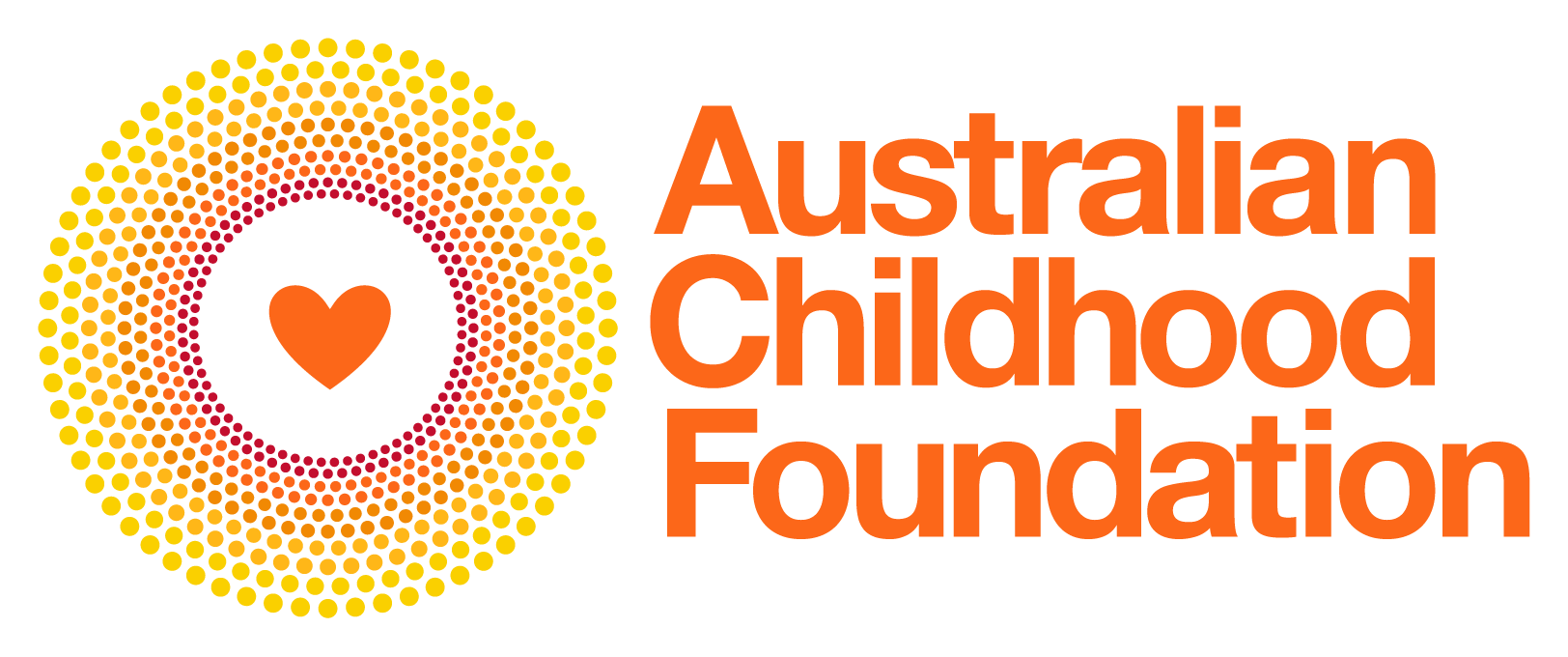Joint statement: The urgent need for an Australian digital duty of care to protect children from online sexual abuse
We are calling on the Opposition and Crossbench to commit to legislating a digital duty of care in the next Australian Parliament, which the Government has committed to in response to the Online Safety Act review.
A digital duty of care policy is an issue of concern amongst Australian voters and will make online spaces safer for children in Australia and across the world.
In a YouGov poll of 1,526 Australian voters conducted in March, 96% of participants considered it important that the Australian Government legislates a digital duty of care that would require tech companies to take steps to stop their platforms from being used for child sexual abuse.
This issue is urgent to address. The US based National Centre for Missing and Exploited Children received 36.2 million reports of suspected child sexual exploitation and abuse in 2023 - a more than 12% increase in the number of reports on the previous year.
In the 2023-24 financial year, the Australian Centre to Counter Child Exploitation recorded 58,503 reports of online child abuse, an average of 160 reports per day, and a 45% increase on the previous financial year’s total of 40,232 reports.
The rate of reports of online child sexual exploitation consistently outpaces law enforcement’s capacity to respond. Stronger preventative measures are urgently needed and putting a requirement on tech companies to do more to prevent this content from entering their platforms is a responsible action.
The frequency of online child sexual abuse is higher than we would like to think. A 2023 study of 1,945 Australian men found that 2.5% have knowingly viewed child sexual abuse material, whilst 1.8% have webcammed in a sexual way with a child, and 1.7% have paid for online sexual interactions, images or videos involving a child.
Children in Australia are at risk of being abused by the same cohort of offenders who sexually offend against children online. Men in Australia who report online sexual offending behaviours against children also report being 2 to 3 times more likely to seek sexual contact with children between the ages of 10 and 14 years old if they were certain no one would find out.
This crime doesn’t only affect children in Australia. On a per-capita basis, Australia was the highest sender of suspicious transaction reports to the Philippines related to child sexual abuse over 2020 – 2022. In the Philippines, 1 in 100 children were trafficked in 2022 to produce child sexual abuse materials for paying online offenders from countries including Australia, usually via live-streamed video.
A successful digital duty of care would require tech companies across the tech stack, including the lowest common denominator of device and operating system manufacturers, to disrupt and deter child sexual abuse material on their platforms and products, including in live-streamed video.
This would not only make it increasingly difficult for offenders in Australia to access child sexual abuse material online, but it would also have a protective effect for Australian children from falling prey to sextortion. With one in ten Australian adolescents having experienced sextortion, and more than half of those under the age of 16, this policy would significantly protect Australian children from online harm.
We support Delia Rickard PSM’s recommendations in the independent review of the Online Safety Act to legislate a duty of care for the online industry as a priority.
“The review recommends that Australia adopt a singular and overarching duty of care that encompasses due diligence, and is underpinned by safety by design principles, risk assessment, mitigation and measurement. An overarching duty of care would place responsibility on service providers to take reasonable steps to address and prevent foreseeable harms on their services. It shifts much of the burden for remaining safe online away from individual users and onto those most capable of identifying and addressing harms – the service providers themselves.”
The review recommended that child sexual exploitation and abuse should be highlighted for attention under a digital duty of care, and that the best interests of the child should be a primary consideration for online service providers when undertaking risk assessment, mitigation and measurement.
We urge the Opposition and Crossbench to commit to legislating this important safeguard for children in Australia and around the world.
David Braga
CEO, International Justice Mission Australia
Professor Michael Salter
Director, Childlight East Asia and Pacific Hub, University of New South Wales
Julie Edwards
CEO, Jesuit Social Services
John Livingstone
Digital Policy Lead, UNICEF Australia
Alison Geyle
CEO, Bravehearts
Janise Mitchell
CEO, Australian Childhood Foundation
Sarah Davies AM
CEO, Alannah & Madeline Foundation
Paul Flavel
Executive Director, Hagar Australia
Carolyn Kitto OAM
Co-Director, Be Slavery Free
Blake Loaney
AUS Mobilisation Coordinator, A21
Rev Bruce Moore
Moderator, Uniting Church in Australia, Queensland Synod
Rev David Fotheringham
Moderator, Uniting Church in Australia, Synod of Victoria and Tasmania
Professor Jeremy Prichard
Professor of Law at the University of Tasmania
Adjunct Associate Professor at the University of Queensland
Dr Joel Scanlan
Senior Lecturer at the University of Tasmania
Professor Daryl Higgins
Director, Institute of Child Protection Studies, Australian Catholic University
Rachel Alembakis
Stewardship Manager, U Ethical Investors
